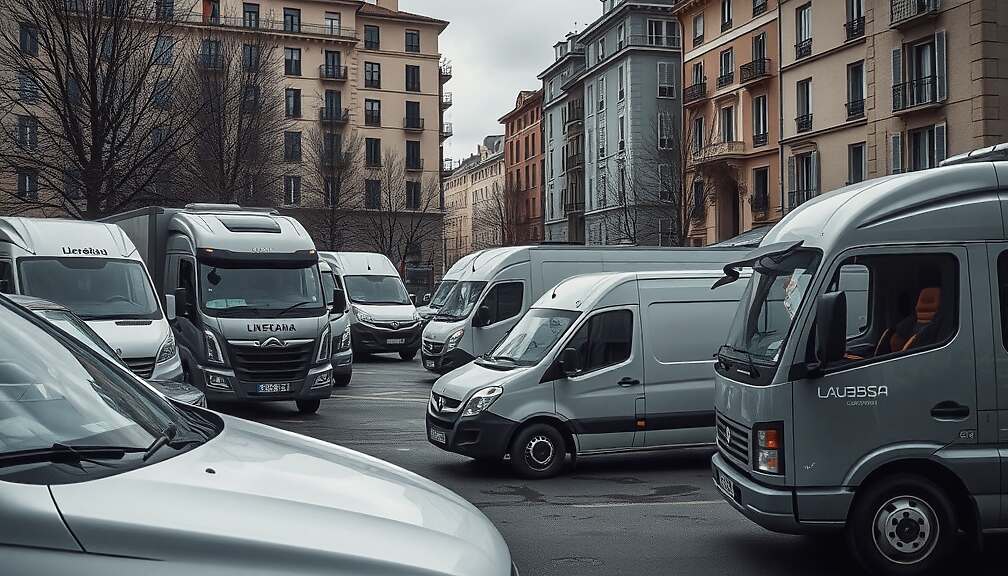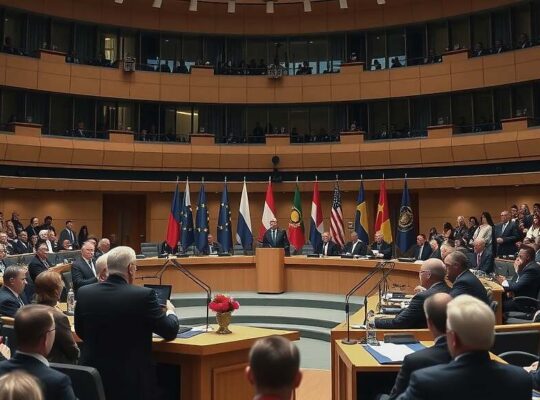The European Commission is reportedly considering a significant shift in its approach to phasing out internal combustion engine (ICE) vehicles, potentially linking any future softening of the 2035 ban to a dramatically accelerated electrification of commercial vehicle fleets. Sources within industry and diplomatic circles, cited by the Handelsblatt, suggest the Commission intends to tie any flexibility on the ban to a binding commitment to transition commercial fleets towards zero-emission vehicles.
According to the reported plans, at least 50% of all new company cars, rental vehicles and lease cars within the EU must be emission-free by 2027, with this figure escalating to 90% by 2030. This proposed legislation, scheduled for presentation as part of a wider CO2 regulation package on December 10th, signals a potential compromise being explored by Commission President Ursula von der Leyen. However, the stringent fleet regulations represent a substantial undertaking for both the automotive industry and fleet operators and raise concerns about the feasibility and potential unintended consequences of the policy.
Industry leaders are voicing considerable resistance. Nico Gabriel, board member at Sixt, has warned of what he describes as a “de facto premature ban on internal combustion engines”. BMW CEO Oliver Zipse, in recent remarks directed at investors, has already criticized the fleet regulation, arguing that it “prescribes a technology regardless of whether the CO2 reduction really happens”. His critique underscores a growing anxiety within the automotive sector, questioning whether the mandated shift to electric vehicles, particularly for commercial purposes – often involving heavy-duty applications and long distances – can be achieved sustainably and without hindering economic activity.
The Commission’s potential move highlights a critical juncture in the EU’s climate policy. While the ambition to eliminate vehicle emissions remains laudable, the proposed linkage raises fundamental questions about the potential for technological coercion, the impact on business competitiveness and the risk of creating a two-tiered system where personal vehicle ownership continues to face tighter restrictions while commercial fleets bear a disproportionate burden of an accelerated transition. The upcoming legislation promises to be a fiercely contested battleground between environmental ambitions and industrial realities.












